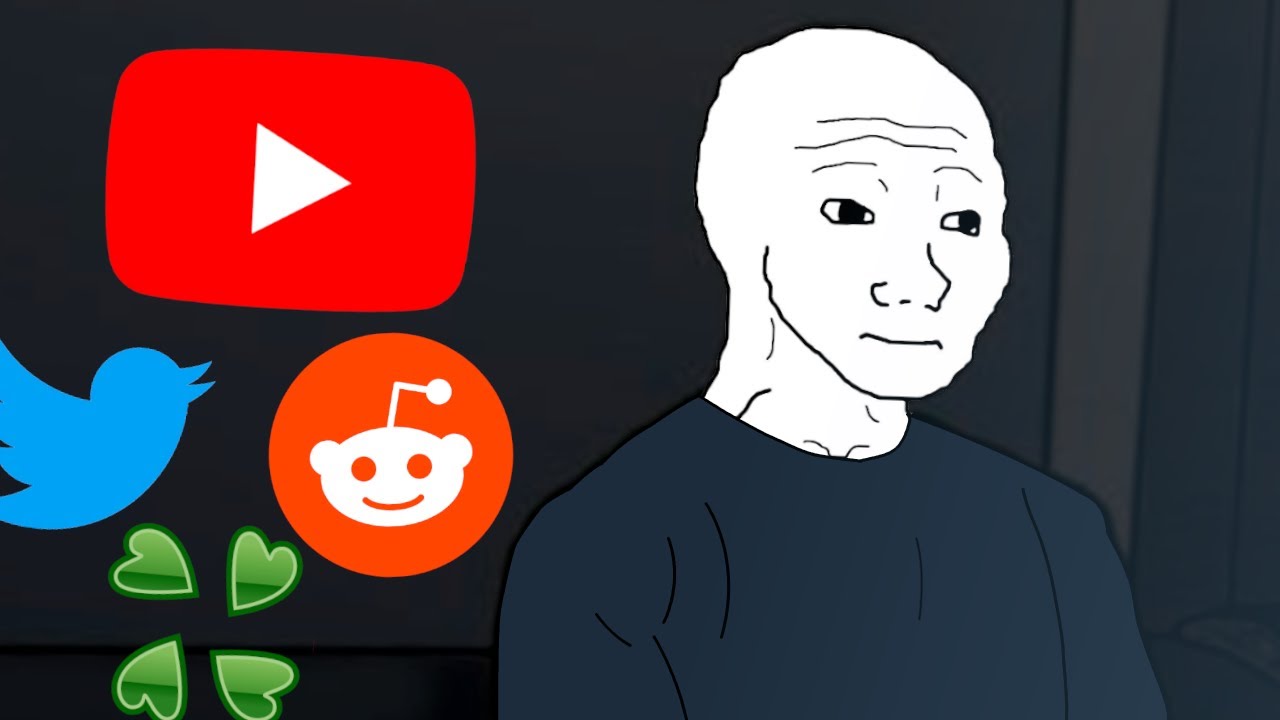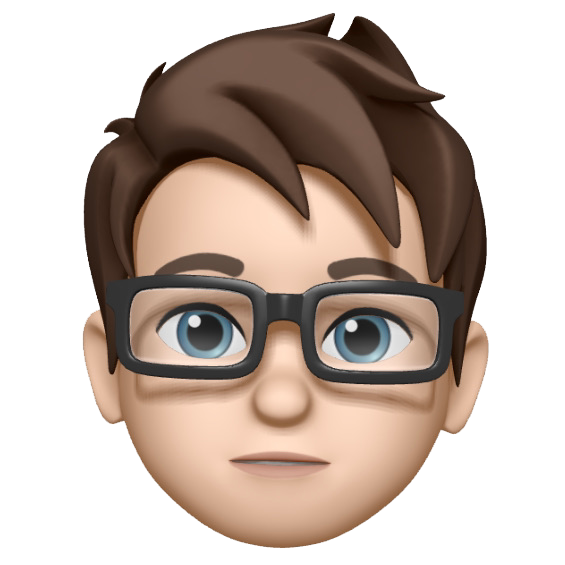I recently came across a thought-provoking video that delved into the struggle of overcoming internet addiction. The speaker reflected on a decade lost to the virtual world, a place that often felt more real than reality itself. Despite having a successful freelancing career and a growing YouTube channel, they found themselves regretting the time wasted scrolling aimlessly online, neglecting their dreams of building websites or apps.
The speaker rationalized their internet use as a form of learning, amassing a wealth of knowledge but rarely applying it. They emphasized the importance of breaking this habit for a better financial, physical, intellectual, and spiritual life. However, they also acknowledged that total ascension from the internet isn’t realistic. Overcoming internet addiction, they argued, requires a mindset shift rather than relying solely on willpower or external restrictions.
Quitting the internet isn’t about giving up something valuable; it’s about lifting a weight off your mind. The initial boredom fades, revealing genuine desires. Without constant online stimulation, real life may seem less entertaining, but it allows for the rediscovery of personal interests. Breaking free from the internet allows you to think for yourself, form original opinions, and deal with underlying issues. By ceasing to identify as an internet-addicted person, redirecting impulses becomes easier, leading to a more fulfilling and self-directed life.
This got me thinking: Is simply replacing internet consumption with another form of consumption, like reading books, truly purposeful? To make life more meaningful, I believe the most important paradigm shift is to become a producer rather than a consumer. If you’re reading books but not applying the knowledge to build something, isn’t it just as unproductive as doom-scrolling the internet?
I’d love to hear your thoughts on this topic.
Video TLDR
Reflecting on a lost decade to internet addiction, especially the last five years, I realize the virtual world felt more real, resulting in regrets over wasted time. Despite a decade of freelancing, I took the easy route, neglecting dreams like building websites or apps. While my YouTube channel grew, I abandoned other passions, spending hours scrolling online without real enjoyment. Rationalizing it as learning, I amassed knowledge but rarely applied it. Breaking this habit is crucial for a better financial, physical, intellectual, and spiritual life, though total ascension isn’t realistic. Overcoming internet addiction requires a mindset shift rather than relying on willpower or external restrictions. Quitting the internet isn’t about giving up something valuable; it’s like lifting a weight off your mind. Initial boredom fades, revealing genuine desires. Without constant online stimulation, real life may seem less entertaining, but it allows rediscovery of personal interests. Breaking free lets you think for yourself, form original opinions, and deal with underlying issues. By ceasing to identify as an internet-addicted person, redirecting impulses becomes easier, leading to a more fulfilling and self-directed life.
What are you producing, and for whom? As somebody with a job, I spend at least eight hours a day doing “productive” work, where productive means I’m making rich assholes even richer and getting a paycheck that amounts to pennies on every dollar of value my work creates.
If I want to do other work for myself after hourse, that’s my business. Likewise if I just want to read, play video games, butcher Yngwie Malmsteen guitar solos on a violin with no audience but my cats, or shitpost on the internet.
My life is my own, and I’ll spend it as I please. I can’t stop others from judging me, but if they bring their judgment to my attention I can damned well make them suffer for it.
Didn’t you read the article?
The YouTuber they linked lamented the time they spent online because they wanted to build websites and apps so they made a video about it and uploaded it to the internet.
I fucking hate this world.
Side note I want to hear you butcher Yngwie Malmsteen solos on a violin. Post a link.
Didn’t you read the article?
I read the article. It was the sort content-free, self-pitying whinging I expect from Jake Seliger.
Side note I want to hear you butcher Yngwie Malmsteen solos on a violin. Post a link.
No. I offer enough of myself on my website. Some things I will keep for myself.
If you’re reading books but not applying the knowledge to build something, isn’t it just as unproductive as doom-scrolling the internet?
No. Full stop.
I study rhetoric purely for personal pleasure and use my developing “talents” to…argue with people on the internet. Well, I’m in graduate school, and writing assignments are basically cake walks these days. So, that is an actual, productive use of my personal study of rhetoric, but other than that, I’m not producing anything with that information (even though, like the YouTuber, I do want to be productive with it…anyway…)
A lot of topics and subjects are “inoculative”. By that, I basically mean that merely having the knowledge probably prevents you from believing the opposite (often false) things. An anthropologist is unlikely to be convinced by the arguments of creationism, for example. Rhetoric is like that, except…on steroids. It’s a little bit of logic and art; of grammar and style; of history and current affairs; of science and the humanities. Because rhetoric is about the means by which people persuade others, in this polarized era, being able to spot and clearly identify the different methods modern persuaders use is instrumental in not being fooled.
My knowledge about computers innoculates me against “YOUR COMPUTER NEEDS TO BE UPDATED! DOWNLOAD HERE!” messages. And my knowledge about rhetoric and the different types prevents me from believing poorly structure arguments that are frequent in politics on every side. A rocket scientist that needs to account for the rotation of the earth will be able to identify why a flat earth simply doesn’t make sense.
In other words, accruing and having real knowledge prevents declined productivity.
You just made an argument for reading books and applying the knowledge to build something because that first paragraph is ripe for copy pasta.
I’ve been thinking about diving into rhetoric study. Do you have a suggestion as to a good book or other source for someone like me to get started?
Thank You For Arguing was the first book I ever read about rhetoric. It’s a fun, funny, and informative read. Its a very practical book, too. I can’t recommend this book enough. It has gems like this:
To win a deliberative argument, don’t try to outscore your opponent. Try instead to get your way
It sounds sociopathic (and it absolutely can be…abusers are very skilled at being persuasive), but it doesn’t have to be. Abusive rhetoric is just as much rhetoric as a presidential speech.
The Elements of Eloquence is also a really fun, practical book. If you’re a writer, it will be immediately useful, too. It doesn’t really focus on rhetoric as a means of persuasion, but goes into great detail with tons of examples about specific rhetorical figures. If you want to learn to turn a phrase, read this book.
If you just want a comprehensive one-stop-shop for rhetoric, then Classical Rhetoric for the Modern Student. It is an academic book. But it doesn’t really read like one. It turns out that rhetoric professors write with an engaging style? I guess that’s a byproduct of having studied and taught it for years or something. Anyway, you can find it online and just download it. But I’m definitely going to buy this book one day. It’ll 100% be worth it.
Those are my top 3 recommendations.
That is awesome. Thank you so much! I’ve added them to my reading list!
deleted by creator
Time wasted doing something you enjoy even with no purpose is not time wasted at all. It only becomes a problem when it reaches DSM levels of addiction where you’re actually neglecting things in your life that are important, like hygiene and family, or completely losing touch with reality like a bunch of people did with COVID.
Yup. Live life aligned with your priorities. There’s nothing wrong with internet being a priority. Just don’t let it get out of balance.
OP seems to mention a bunch of things that can be summed up as belonging to “grind mentality” or the need to feel like everything you do should be productive in some way. That’s capitalism tricking you into being a good little worker bee so you can be exploited for maximum profit. Life is too short to base ones personality too heavily around money and it’s ruined so many hobbies as a result.
I don’t have much to offer in terms of answers but I enjoyed your musings OP, I hope whatever choices you make are fulfilling to you.
Personally all I have to add is that we’re all just monkeys chilling on a rock whizzing through space until we suddenly aren’t. If it makes you happy and it doesn’t hurt anyone I don’t see the harm. Use the time the way you want, may you die free of regrets.
Well, in the end, there’s only entropy and the heat death of the Universe, so from that perspective, nothing matters.
Or everything matters even more
Knowing that ultimately I’ll never be punished for my choices beyond the consequences I face in my lifetime makes my choices to be kind and put in extra effort to increase the good in the world mean a lot more to me. I laugh in the face of the absurd and choose to derive meaning from not letting it stop me from doing what I can.
The tide will destroy my sandcastle and it’ll be forgotten, but it can’t take that I did it anyways.
The tide will destroy my sandcastle and it’ll be forgotten, but it can’t take that I did it anyways.
I love this so much.
Edit: the video was a very good perspective on information addiction, the creator mentioned how he didn’t feel like he was actually enjoying his time online. And I think that’s a good point that just consuming information can be an addiction.
I haven’t yet watched your video but I read your post and just wanted to respond to your question about what’s the difference to being well read or spending time on the internet and whether that’s productive.
What’s productive is up to the perspective of the individual. I might not find reading a lot as something worth my time, or spending time on the internet, or playing video games. But if someone wants to be well read or have many different experiences through video games or establish relationships and communities over the internet, and that helps them reach self-actualization then that was absolutely productive
You don’t have to be a “producer” to be productive.
Knowledge is important for its own sake. Life is best lived in harmony. Everything in moderation.
There is no need to be productive to be happy, that’s internalized exploitation. Real addiction has a pathological meaning and always requires professional support. This sounds like ADHD dopamine hunting and impulsive hyper focusing. I’m not an armchair therapist, I’m not even a lawn chair therapist.
I was around pre-Internet, and it wasn’t any better. In fact, this “virtual world” has been a huge positive for me and has given me many opportunities to expand my social group and have a more fulfilling life. I don’t see the value in fetishizing disconnection.
It’s worth acknowledging when you’re artificially pinging your dopamine system. When you eat tasty food, when you drink coffee, when you smoke weed. Stimulating yourself by browsing the Internet aimlessly falls into this category too.
Here is an alternative Piped link(s):
https://piped.video/watch?v=mFPuDaVA7wI
Piped is a privacy-respecting open-source alternative frontend to YouTube.
I’m open-source; check me out at GitHub.
shit
merde









